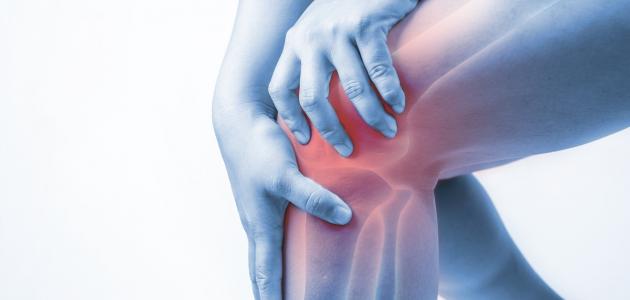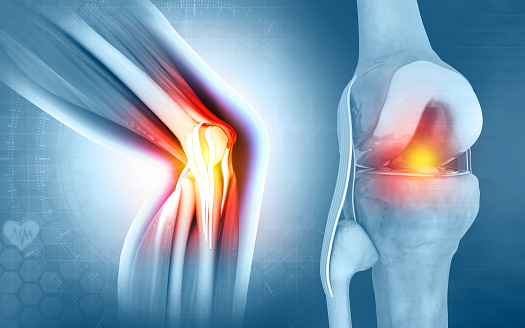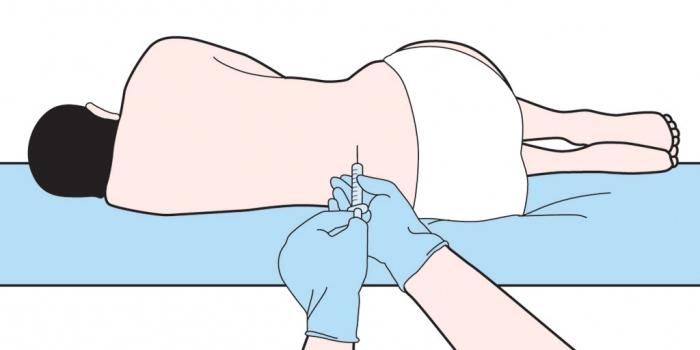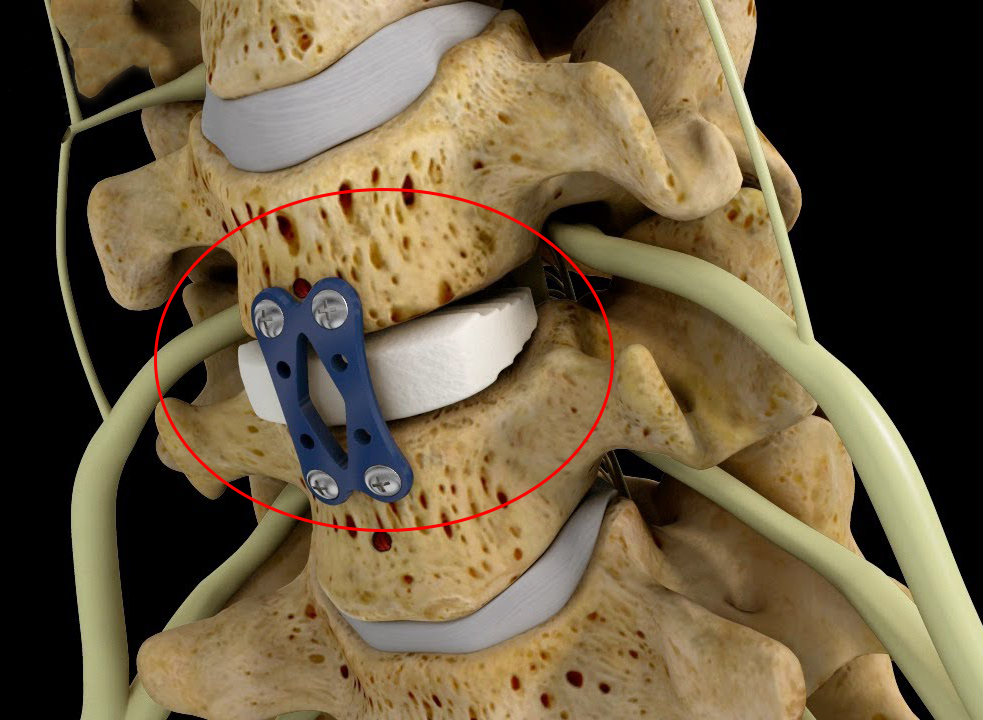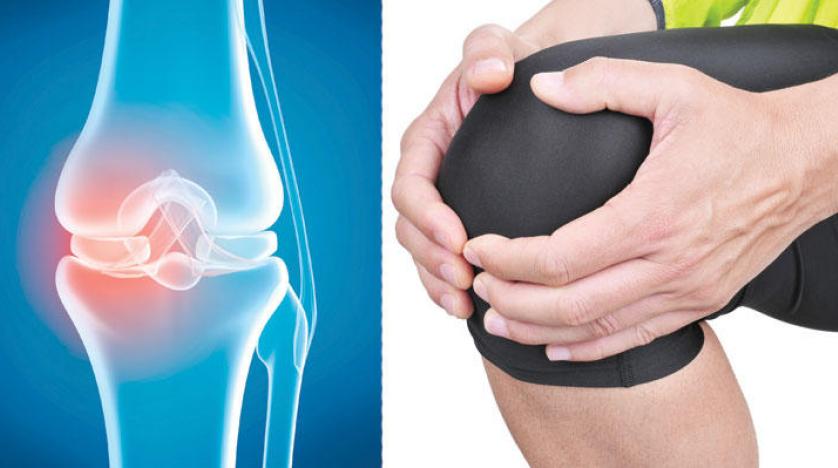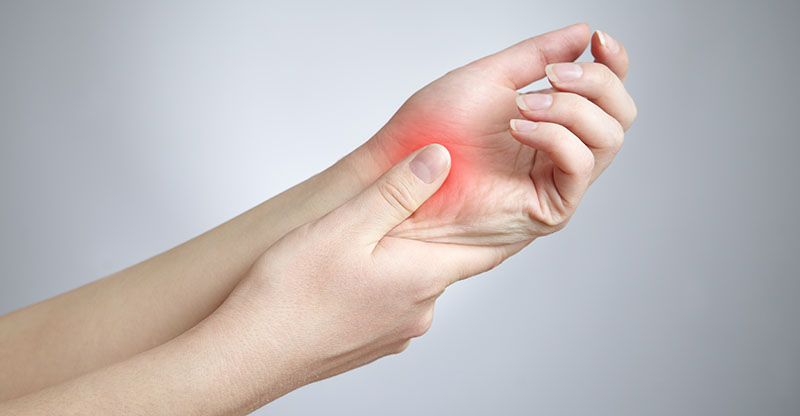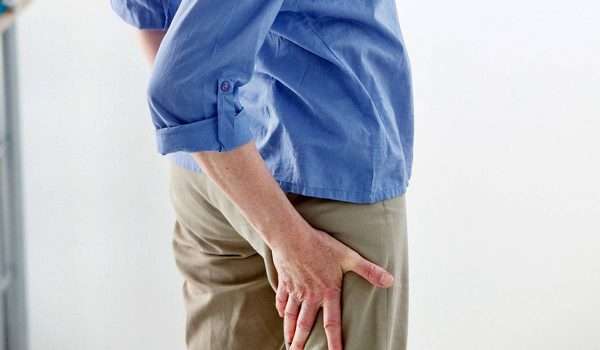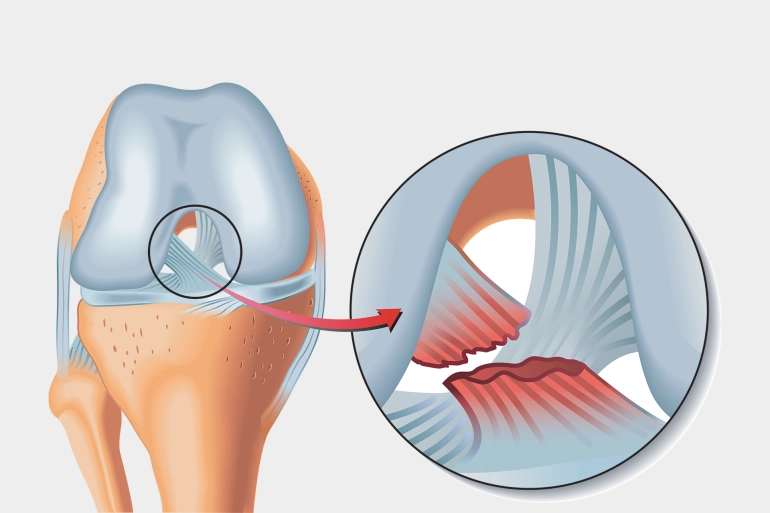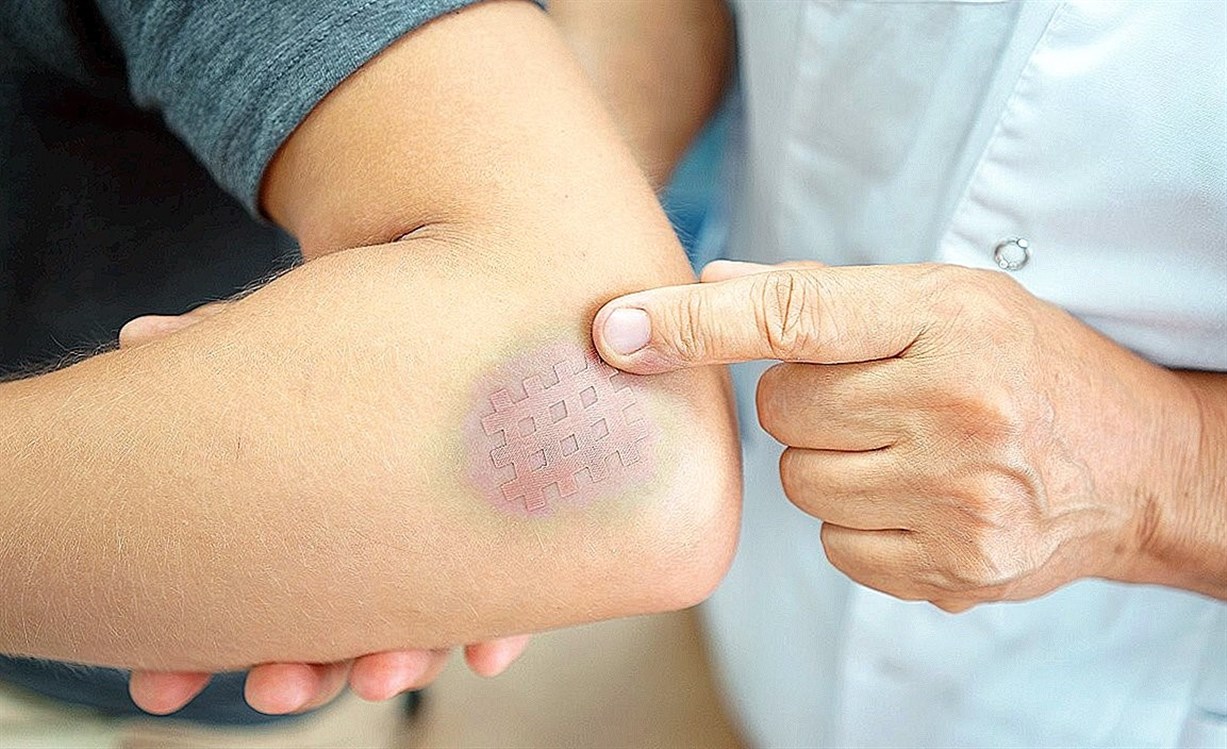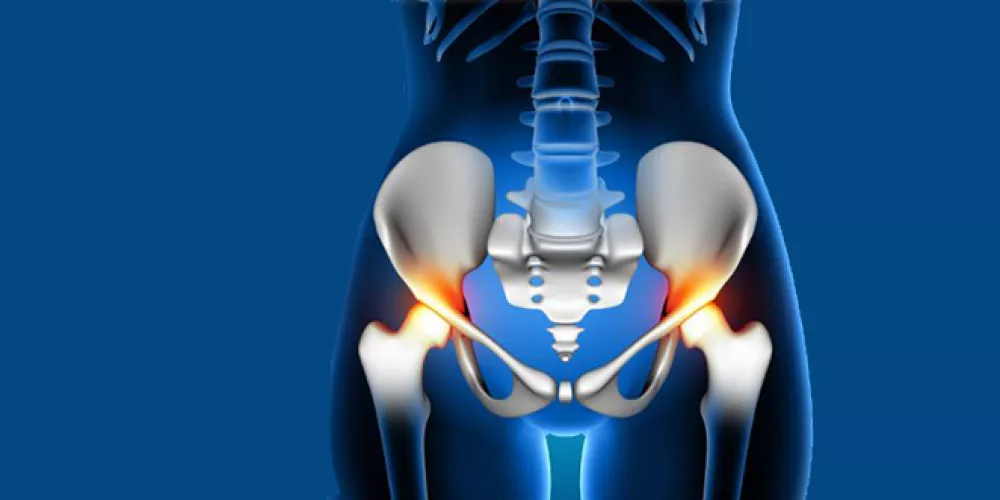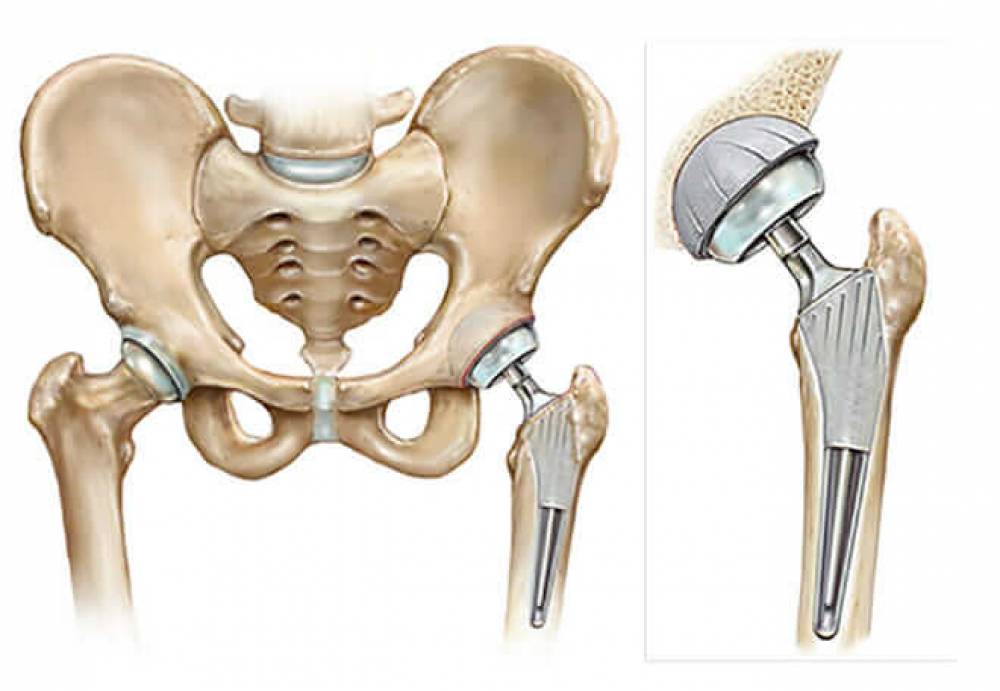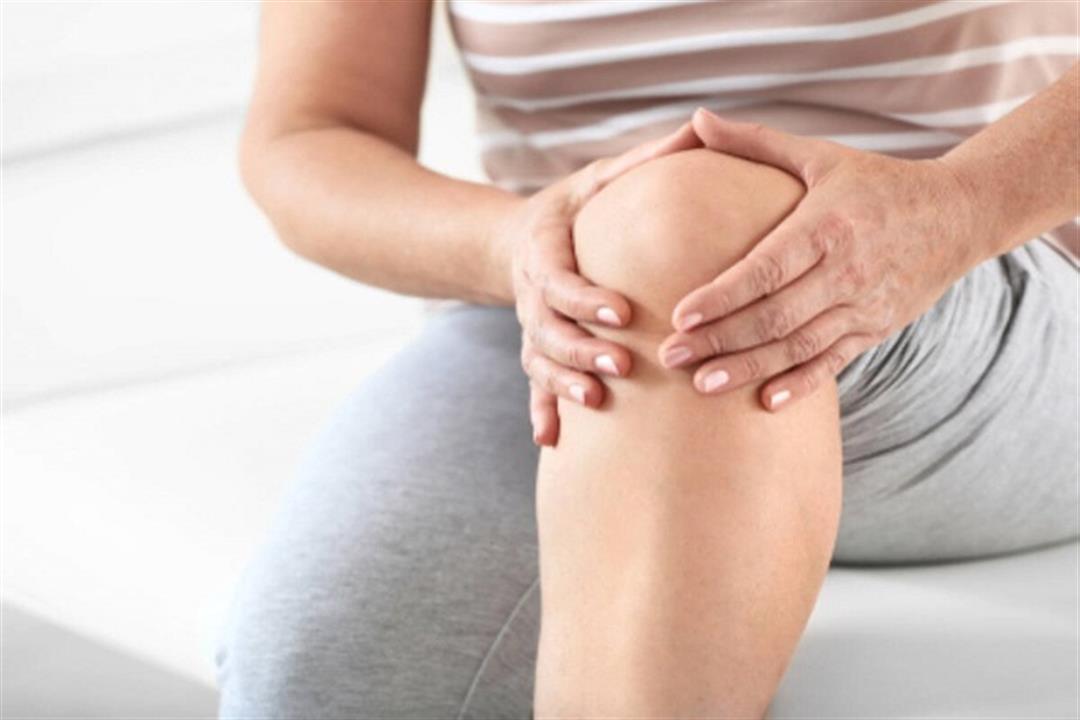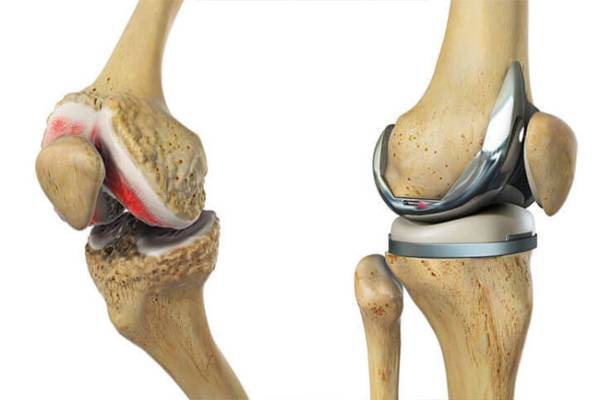What are the symptoms of calcium and vitamin D deficiency?
Calcium deficiency in the body shows more than one sign and symptom and is associated with a lack of vitamin D in the body, and here is complete information about the deficiency of calcium and vitamin D.
What are the symptoms of calcium and vitamin D deficiency?
There is a link between vitamin D and calcium, and this is because the body’s proper utilization of calcium requires the presence of vitamin D, which helps to absorb calcium in the body and increases the rate of bone utilization from it for a person to obtain a strong bone mass.
Calcium also helps in the formation of strong teeth and preserves the bones of children specifically from rickets or deformities, and enters the body in muscle functions and helps contraction and relaxation naturally, and can help protect against strokes and boost immunity.
What are the signs of calcium and vitamin D deficiency?
As we mentioned before, there is a close relationship between calcium and vitamin D, and the link is that vitamin D works to increase the sensitivity of the body to receive and absorb calcium in case it is consumed and the body needs it.
In the event of a deficiency in vitamin D or calcium, the following symptoms appear:
- Exposure to osteoporosis.
- Having mood swings and depression.
- Feeling pain in the rib cage.
- increased dryness of the skin.
- A feeling of pain in the muscles.
- Exposure to skin diseases, including eczema and acne.
Psychological symptoms of calcium deficiency
Definitely, there is an effect of the lack of minerals and vitamins on the body, as well as on the general psychological or mood of the affected person, and the lack of calcium in the body may lead to psychological and mental disorders, and thus the symptoms appear as follows:
- Feeling a sharp mood change without an underlying cause.
- Exposure to bouts of depression.
- The feeling of lack of focus, confusion, and extreme tension.
- Sleep disturbance and insomnia.
Does calcium deficiency cause dizziness?
When there is a decrease in the level of calcium in the body, the body begins to respond to this deficiency and several disturbances occur, including a feeling of lethargy and extreme fatigue as a result of the loss of energy, and this results in damage to the muscles and bones, and the severity of fatigue can intensify and reach a feeling of dizziness or dizziness in many times.
Symptoms of calcium deficiency in women
Most women need to do tests and analyzes for calcium in the blood to know the true percentage of calcium in the body, but when the condition worsens, some symptoms appear on the affected woman, including the following:
- Nail dryness and cracking.
- The feeling of muscle pain and tightness.
- Constant feeling of fatigue and lethargy.
- Increased pain before menstruation.
- Weakness of the teeth and irritation of the gums.
- Symptoms of severe depression.
- Exposure to bowel disorders.
How to diagnose calcium deficiency in women
Some symptoms appear on a woman with a lack of calcium in the body, which the doctor begins the clinical diagnosis in the event of a lack of calcium, and the doctor may ask the woman to do some tests that clarify what is the percentage of calcium in the body currently, and it is considered that calcium is deficient if it is less than 8.8 mg/deciliters in the blood.



